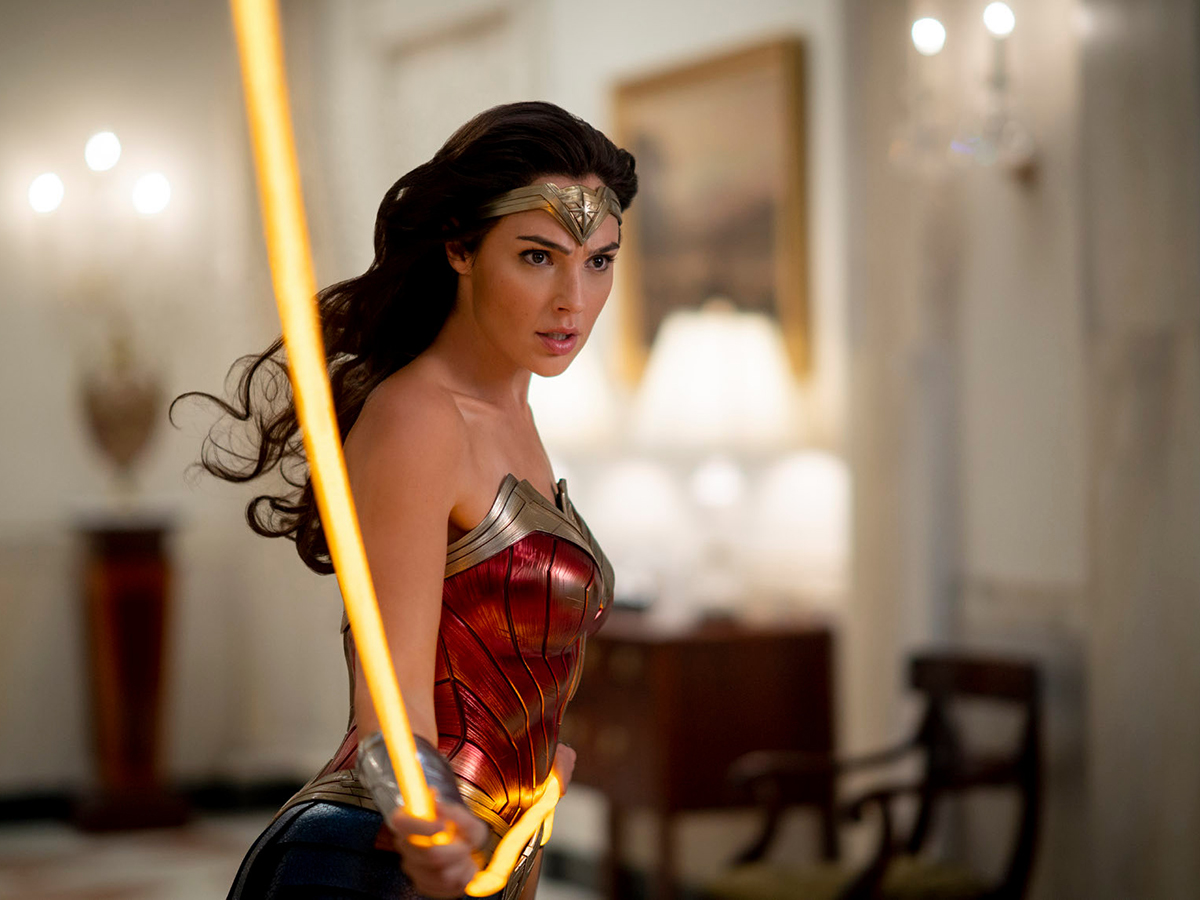
After several pandemic-related delays, the latest installment of the DC Extended Universe, “Wonder Woman 1984” (WW84), was released on HBO Max on Christmas Day. Patty Jenkins returns as director alongside Gal Gadot as Diana Prince. The film takes our titular heroine to the glamorous 1980s with some cheesy aesthetics along the way.
The film follows Diana Prince, an employee at the Smithsonian in Washington D.C. by day and Amazononian warrior by night. Also an employee at the Smithsonian is Barabara Ann Minerva (Kristen Wiig), a dejected and socially awkward geologist. The same geology department is soon visited by a seemingly conniving businessman and television personality, Maxwell Lord (Pedro Pascal). Surely enough, Lord’s true intentions are revealed to involve acquiring the Dreamstone (previously in Barabara’s possession), a mystical artifact, and his ardent desire to dominate the oil industry. The Dreamstone functions like a genie but with a catch: wishes come true but at the cost of the wishmaker’s most important possession or quality. By the time the stone is stolen by Max Lord, Diana and Barabara had already — unwittingly — made a wish. Diana wishes Steve Trevor (Chris Pine), who was presumed dead after sacrificing himself at the end of the first film, back to life. Barbara, unaware of Diana’s superhuman abilities, wishes to be just like her. The consequences of these wishes unfold throughout, building up to international unrest.
Right out of the gate, the sequel falls leagues behind its predecessors. The plot revolves around and is too dependent on the Dreamstone, a plot device that simply lacks originality. Events leading up to the international conflict that are brought on by Max Lord’s machinations, whose wish was to become the Dreamstone, feel rushed, almost exhaustingly so.
There were several aspects of the film that prompted head-scratching, like Diana’s singular obsession with a man who is supposed to have been dead for 70 years and the decision to bring Steve back to life in another man’s body. Furthermore, the villain of the film seems to have a debilitating obsession with omnipotence that is abandoned just as quickly as it was built up.
While the film clearly attempts to propagate the fuzzy themes of the power of love, that message becomes jumbled, especially with Chris Pine’s character being relegated to buddy-cop status and operating more like a sidekick. However, the cheeriness and inspirational tone of the film should suffice in providing a mildly captivating viewing experience. The antagonists are bright spots in the film, with Pascal delivering an outstanding rendition of a sleazy businessman with boundless ambition for, essentially, world domination. While the conclusion of the film gives us a brief but deeply personal look at his childhood, it doesn’t make up for the ridiculously simplistic nature of his downfall. Devoid of her humanity and serving as Max Lord’s de facto accomplice, Kristen Wiig’s character, Cheetah, is convincingly frightening, and her story arc, though familiar, feels genuine and is sure to draw its viewers’ sympathies.
While the sequel is not exactly bringing anything new to the table, it is still pretty to look at with its vibrant and sleek 1980s aesthetic. It is muddled in spectacle but still makes for an enjoyable watch.
Verdict: “WW84” has a narrative that is largely driven by a magic rock, but its antagonists and familiar themes of truth and love are still touching enough for any fan of the genre or character to find solace in times of uncertainty.







